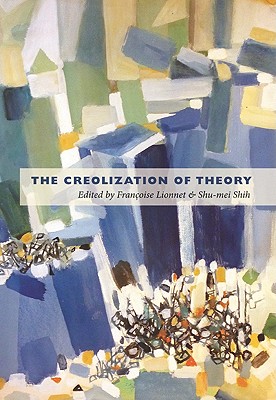Introducing this collection of essays, Françoise Lionnet and Shu-mei Shih argue that looking back-investigating the historical, intellectual, and political entanglements of contemporary academic disciplines-offers a way for scholars in the humanities to move critical debates forward. They describe how disciplines or methodologies that seem distinct today emerged from overlapping intellectual and political currents in the 1960s and early 1970s, in the era of decolonization, the U.S. civil rights movement, and antiwar activism. While both American ethnic studies programs and "French theory" originated in decolonial impulses, over time, French theory became depoliticized in the American academy. Meanwhile, ethnic studies, and later also postcolonial studies, developed politically and historically grounded critiques of inequality. Suggesting that the abstract universalisms of Euro-American theory may ultimately be the source of its demise, Lionnet and Shih advocate the creolization of theory: the development of a reciprocal, relational, and intersectional critical approach attentive to the legacies of colonialism. This use of creolization as a theoretical and analytical rubric is placed in critical context by Dominique Chancé, who provides a genealogy of the concept of creolization. In their essays, leading figures in their fields explore the intellectual, disciplinary, and ethical implications of the creolized theory elaborated by Lionnet and Shih. Édouard Glisssant links the extremes of globalization to those of colonialism and imperialism in an interview appearing for the first time in English in this volume.
The Creolization of Theory is a bold intervention in debates about the role of theory in the humanities.
Contributors. Étienne Balibar, Dominique Chancé, Pheng Cheah, Leo Ching, Liz Constable, Anne Donadey, Fatima El-Tayeb, Julin Everett, Édouard Glissant, Barnor Hesse, Ping-hui Liao, Françoise Lionnet, Walter Mignolo, Andrea Schwieger Hiepko, Shu-mei Shih











